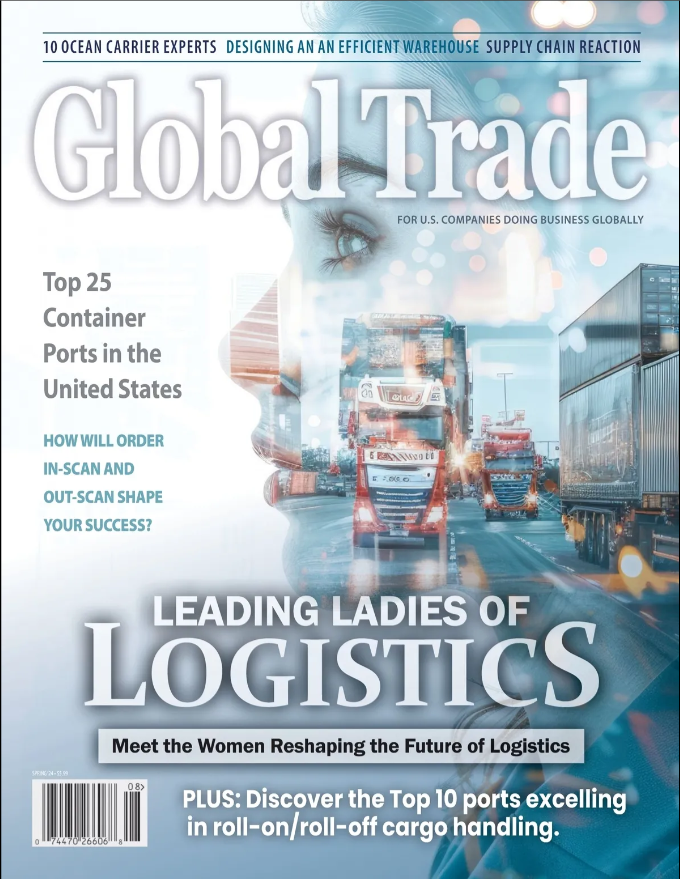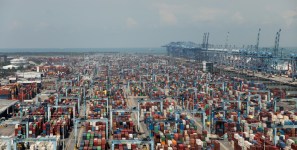Sea Explorer Supports Shippers and Emission Regulations
Container ship emissions and fuel regulations must also be considered when selecting the best option in digitization. Effective January 1, 2020, the International Maritime Organization (IMO) will require a 0.5 percent global Sulphur cap on fuel content. With less than a year to prepare, shippers and carriers are encouraged to consider options that integrate digitization and compliance support to avoid redundancies, financial waste and issues with compliance.
Kuehne + Nagel, a global leader in supply chain solutions, announced the expansion of its ocean freight platform Sea Explorer, a digitally rooted service network that bridges the gap between more than 1,200 international ports using its advanced algorithm. Expansion efforts will come in the form of adding capabilities with service connections and transshipments. It was reported that more than 63,000 port pairs and key inland locations across the globe are connected to weekly services or transshipment options.
“This extension takes Sea Explorer to the next level and complements Kuehne and Nagel’s intelligent sea freight offering; it is the smart platform for all liner services in container shipping,” says Otto Schacht, member of the Managing Board of Kuehne + Nagel International AG. “With powerful features, like comparing realistic lead times for direct services and an intuitive navigation, customers will be able to unlock new opportunities for their day-to-day operations.”
“This marks the first time a platform provides full visibility on CO2 emissions across carrier and individual services”, according to Schacht.
“Also, in the light of the upcoming IMO 2020 regulations, this will enable shippers to contribute toward a green economy and sustainable global maritime transportation,” he adds. “Kuehne and Nagel leverages big data technology capabilities and information from the operational system to grant unique insights to sea transport options.”





Leave a Reply